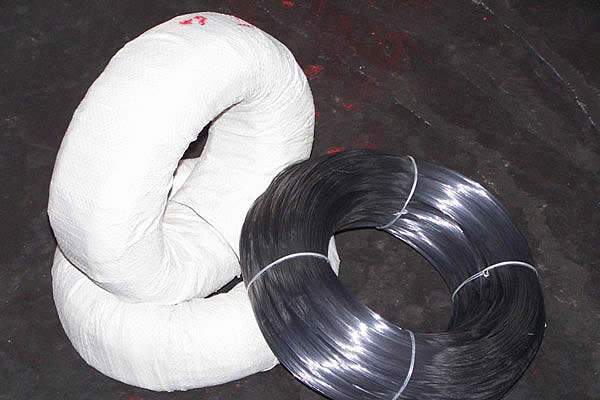 TEL:
+86-13102802206
TEL:
+86-13102802206
 Email:
fencenetting@china.com
Email:
fencenetting@china.com
 Language
Language
 TEL:
+86-13102802206
TEL:
+86-13102802206
 Email:
fencenetting@china.com
Email:
fencenetting@china.com
 Language
Language


The Benefits of Insulated Stainless Steel Wire
In today’s world, the demand for high-quality materials in various applications has surged, particularly in construction, automotive, and manufacturing industries. One material that has gained notable attention is insulated stainless steel wire. This innovative product combines the strength and durability of stainless steel with the protective qualities of insulation, making it an ideal choice for a multitude of uses.
Properties of Insulated Stainless Steel Wire
The primary component of insulated stainless steel wire is, as the name suggests, stainless steel. Known for its resistance to corrosion, high tensile strength, and longevity, stainless steel is one of the most reliable materials available. By adding insulation, typically a polymer coating, the wire gains additional benefits, including electrical insulation, enhanced safety, and protection from environmental factors.
The insulation not only safeguards the wire from abrasion and harsh weather conditions but also provides a barrier against electrical conductivity. This makes insulated stainless steel wire a perfect candidate for electrical applications where safety and performance are paramount.
Applications
Insulated stainless steel wire finds applications in several industries. In construction, it is used for reinforcing structures and ensuring stability. The wire’s strength allows it to support heavy loads while the insulation protects surrounding materials from electrical interference.

In the automotive industry, insulated stainless steel wire is essential for wiring and connections. The durability and heat resistance of this type of wire make it suitable for various automotive applications, from powering electrical systems to ensuring signal integrity in vehicles.
Moreover, insulated stainless steel wire is increasingly utilized in the manufacturing sector, especially in assembly lines where routing electrical connections is crucial. The insulation provides additional safety for employees and equipment, minimizing the risk of electric shocks or equipment malfunctions.
Environmental Considerations
The ecological footprint of materials is an important consideration in today’s manufacturing processes. Stainless steel is inherently recyclable, and many manufacturers were keen to produce insulated stainless steel wire with a focus on sustainability. When disposed of correctly, the wire can be repurposed or recycled, contributing to a circular economy.
Conclusion
Insulated stainless steel wire is a versatile and robust solution that meets the demands of modern applications while adhering to safety and environmental standards. Its unique properties make it indispensable in various industries, proving that it is not merely a product of convenience but a critical component that supports innovation and efficiency. As industries continue to evolve and seek reliable materials, insulated stainless steel wire will undoubtedly remain a key player in promoting safety, durability, and sustainability. Choosing this type of wire means investing in quality and longevity, ensuring that both immediate needs and long-term goals are met effectively.